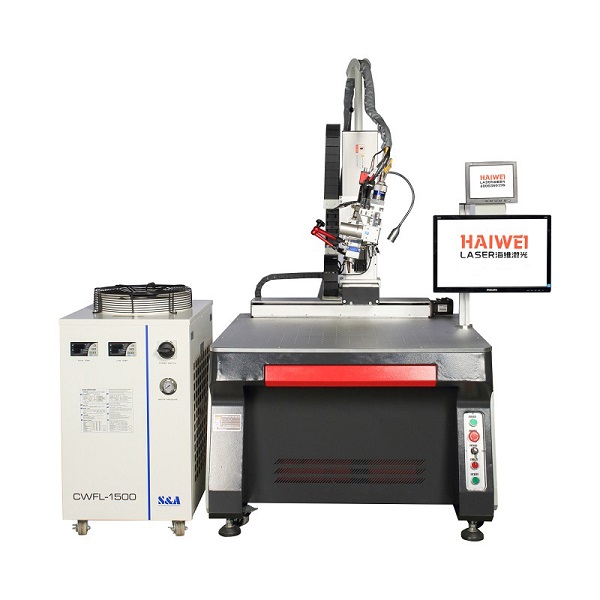Application of Laser Welding Machines in Titanium and Titanium Alloys
Titanium and titanium alloys are widely used in aerospace, medical devices, and high-performance automotive systems due to their high strength-to-weight ratio and excellent corrosion resistance. Joining these materials requires precision, and the laser welding machine has become a preferred method for achieving clean, strong, and repeatable welds.

Why Laser Works Well for Titanium
Titanium is highly reactive at elevated temperatures, especially above 400°C, where it readily absorbs oxygen and nitrogen from the air. This can lead to embrittlement and reduced performance. A laser welding machine delivers a concentrated heat source, minimizing the heat-affected zone and reducing thermal distortion. More importantly, the process is typically performed under inert gas shielding—usually argon or helium—creating a controlled environment that prevents contamination.
Key Process Considerations
For titanium alloys like Ti-6Al-4V, consistent beam quality and stable focus control are essential. Pulsed or continuous wave fiber lasers (1μm wavelength) are commonly used, depending on material thickness and joint design. Proper joint fit-up and surface cleanliness are critical—any oil, oxide, or moisture must be removed before welding.
Applications and System Requirements
Common uses include aircraft structural components, medical implants, and exhaust systems. Because of the material’s value and application criticality, process reliability matters more than speed.
When selecting a laser welding machine for titanium metal, look for:
High beam quality and stable output
Integrated gas shielding chambers or nozzles
Real-time monitoring options
Compatibility with automation and traceability systems
Haiwei Laser offers laser welding machines designed for reactive metals, with practical support for setup, parameter development, and integration into production environments where quality and consistency are required.
Recent Posts
- What are the advantages of laser welding machines in lithium battery pack production lines?
- What issues should be noted when choosing a lithium battery pack production line?
- Quality Inspection and Control of Lithium Battery Module Pack Production Line
- Cell grouping and sorting process in lithium battery module pack production line
- What are the safety hazards of lithium battery pack production lines and how can they be prevented?
INQUIRY

